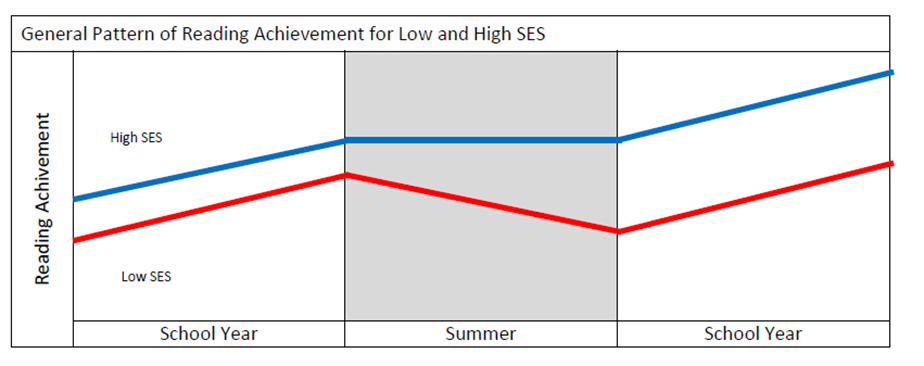Glossary
At New Hope Lafayette, we believe in empowering our community through knowledge. This glossary explains key terms related to our work in supporting 'Our Kids, Our Community, Our Future.' Understanding these concepts helps us all contribute more effectively to positive change in Lafayette.
The income‑achievement gap is the difference in academic performance between students from low‑income and high-income families. It's characterized by lower academic achievement for students from households with lower socioeconomic status (SES).
Four ACEs is a tipping point. Children with four or more ACEs are 32 times more likely to have behavioral problems at school. Seventy‑eight percent of the federal prison population has at least four ACEs (The Compassion Prison Project)
A faith‑based organization is a nonprofit founded on and inspired by its religious beliefs. New Hope Lafayette believes caring for the poor and loving our neighbors is essential to historic Christianity. We also believe working with others who may not share our religious beliefs is vital. New Hope works hard to be a safe place where the sacred and secular work together to benefit our community's children. The term "faith‑based organization" is more inclusive than "religious organization."
The "Summer Slide" is the distinct learning loss that low-income students experience when out of school. "A regression in academic proficiency due to summer break, experts warn it is hindering kids' progress when they head back to school."
"The concept of the summer slide has been on researchers' radar since at least 1996, when one of the first comprehensive studies on the phenomenon was published. The study showed that kids lose significant knowledge in reading and math over summer break, which tends to have a snowball effect as they experience subsequent skill loss each year. A more recent study of children in 3rd to 5th grades also showed that students lost, on average, about 20 percent of their school-year gains in reading and 27 percent of their school‑year gains in math during summer break." Click here to read the full Scholastic article.

Prolonged exposure to stress in the absence of protective relationships.

